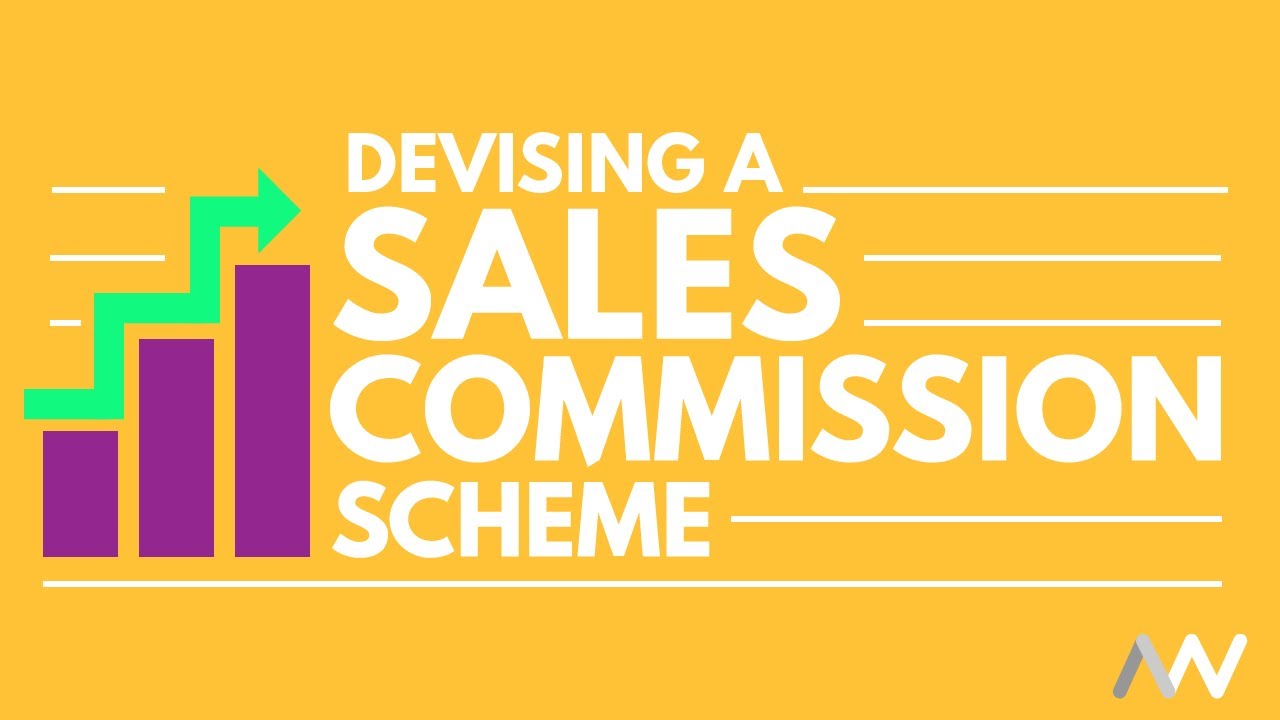
Common Sales Commission Schemes
- Commission Scheme Based on a Percentage of Turnover
Commonly adopted as it is easy to calculate for both employer and employee. However, it can be potentially corporate suicidal as it means that the salesperson can win unprofitable business but still earn decent commission! If adopted, it should be based on achieving a minimum level of gross profit within the deal (or in an environment where your sales team are unable to negotiate in any way so that the GP level is maintained).
- % of GP
Probably the most common commission scheme of all as the employer remains in control of the bonus pot and sensibly is only paying out bonus on definite contribution to the company coffers. However, it can often be difficult for the employee to work out how much that £100K deal that they've just won is worth to their back pocket. Therefore it sometimes doesn't act as a motivator to take yourself 'out of your comfort zone' and to close that little bit harder to secure the deal.
- % of GP and other factors such as meeting customer satisfaction, key performance indicators
In my years, I have seen some unbelievable commission schemes based on points systems, meeting milestones as well as fiscal targets, meeting KPIs as a percentage of the commission scheme and so on and so forth. These schemes are typically introduced with every good intention to ensure that the sales professional doesn't win bad business or only sells products that the client actually wants. However, they are often ill-thought-through because they are messy to calculate and are so complicated that the sales professional doesn't know if they're due 1p or £10K and, therefore, doesn't act as a motivator.
A good scheme that does work, taking in other factors, would be commission paid out based on customer satisfaction surveys' scores. For instance, if the customer feels the service received was between 5 and 7 out of 10, then commission is paid at the standard rate. If it is below 4, then commission is paid at a lesser rate (or not at all), and if it is over 8, an additional accelerator or bonus is paid. In this way, the scheme is motivational to the sales professional AND ensures that customers are satisfied. This type of scheme can be put to powerful use by Sales Directors looking to change their sales culture or approach to business.
- % of GP above a threshold
I personally think this type of scheme is the best as it is both the fairest to the employer (i.e. a sales professional doesn't earn a bonus until they've covered their costs) and yet it is still easy for the salesperson to know how much the 'deal' is going to be worth in their 'back pocket'. It, therefore, meets its purpose as a 'motivator' and is easy to calculate for all parties.
Read More about Devising Sales Bonus Schemes
The Most Common Sales Commission Schemes
Golden Rules in Setting Sales Commission Schemes
10 Top Tips for Devising Sales Commission Schemes
Commission Schemes - Questions and Answers
Video: Sales Commission Schemes
Published: 26th March 2021
Employer Advice Categories
Navigate our other Employers Advice categories by clicking the following icons:
Date published: 26th February 2025

by Darren Dewrance
Founding Director

About the author
Darren Dewrance
Darren spent six years in sales and field sales before joining the original sales recruitment specialist, Austin Benn, in 1998. After achieving the status of top consultant, out of about seventy at the time, Darren rose from Senior Consultant to Operations Manager of the commercial sector before leaving to join a London based Headhunter in 2003 before setting up Aaron Wallis with Rob in October 2007.
With a natural leadership style, Darren is an expert on putting his finger right on the heart of the problem. His natural commercial instincts have helped hundreds of employers make better recruitment decisions. Darren is married with two children, and when not at work or with his family, he likes nothing more than to be on the side of a river or a lake with a rod in his hand.
Please call us to discuss your vacancy
From our blog
Our employers say...
Our candidates say...




